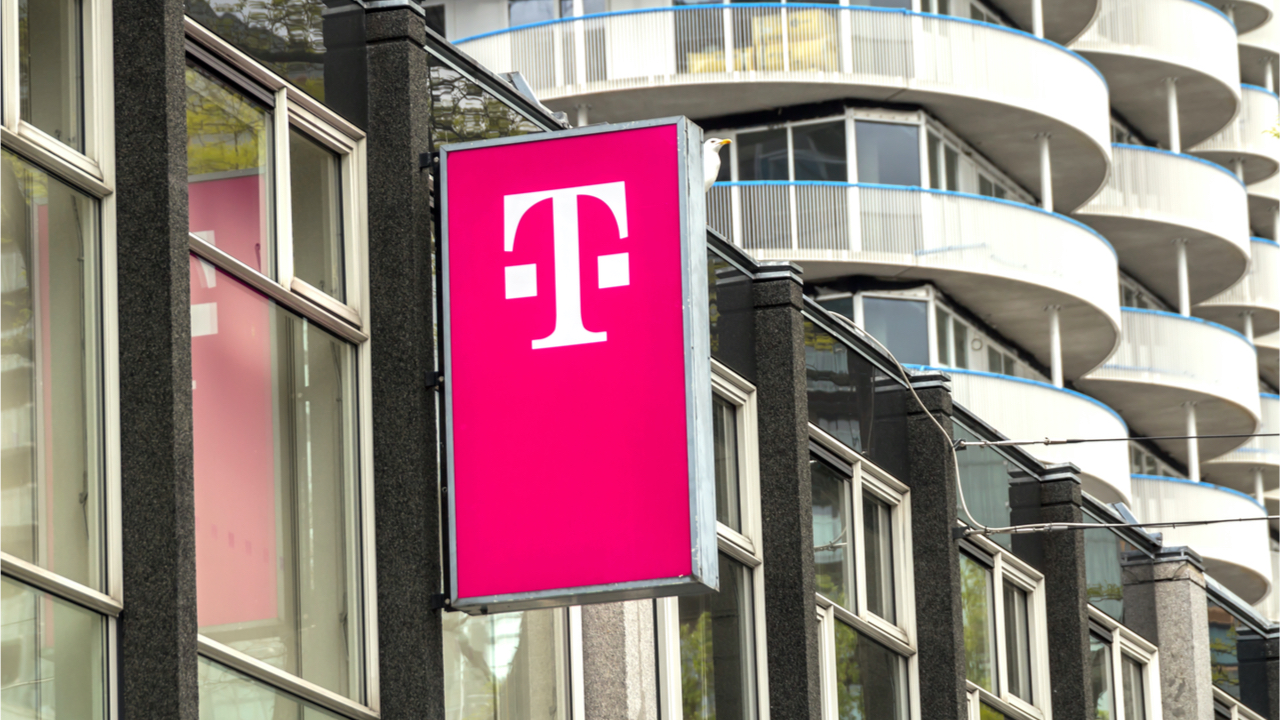
The German telecommunications firm looks to leverage its infrastructure in Web3, plugging in as a network validator for Ethereum scaling protocol Polygon.
One of Europe’s largest telecommunications companies is using its infrastructure to explore new revenue streams and boost network security as a validator for blockchain protocols.
Germany’s Deutsche Telekom is set to become a validator for Ethereum layer-2 scaling platform Polygon, becoming one of 100 validators providing staking and validation services for the network and Polygon’s Supernets solution.
Polygon is an important layer 2 in the Ethereum ecosystem, offering developers a range of scaling solutions, including zero-knowledge rollups, sidechains and data availability protocols.
Related: Polygon’s ‘holy grail’ Ethereum-scaling zkEVM beta hits mainnet
Deutsche Telekom MMS, which provides consulting and software development services, will operate as a Polygon validator for its parent company. This is expected to secure Polygon’s proof-of-stake sidechain and Supernets chain, improving security, governance and decentralization of the protocols.
The firm will run a full node, produce blocks, validate and participate in the network’s consensus, and commit checkpoints to the Ethereum mainnet.
Dirk Röde, Deutsche Telekom’s Blockchain Solutions Center head, told Cointelegraph supporting the Polygon network as a validator is a big milestone in its aim to be an important player in Web3 infrastructure:
“Deutsche Telekom is not only a renowned infrastructure provider for mobile and internet services but is also making significant commitments to expand its presence and reliability as an infrastructure provider in the Web3 domain.”
Deutsche Telekom is also a validator for Q, Flow, Celo, Chainlink and Ethereum, and Röde said the company aims to serve institutional clients as a reliable enterprise-grade staking provider.
Röde added that leveraging the company’s infrastructure as a validator while monetizing the native token of the underlying blockchain network provides Deutsche Telekom with a “dependable, novel and scalable source of income.“
The potential for more mainstream telecommunications companies moving into Web3 could also catalyze greater decentralization of various proof-of-stake blockchains operated by validators:
“Other telecommunications companies are also exploring opportunities in this domain. In a decentralized ecosystem, it should be the goal to have a diverse and reliable validator set.“
A statement from Polygon Labs CEO Michael Blank reiterated this point, highlighting his belief that the partnership could pave the way for more mainstream businesses to embrace blockchain technology.
Polygon recently announced a multiyear partnership with Google Cloud to drive the development of the Ethereum scaling protocol’s zero-knowledge Ethereum Virtual Machine, zero-knowledge proof scaling solution.
Magazine: Here’s how Ethereum’s ZK-rollups can become interoperable






